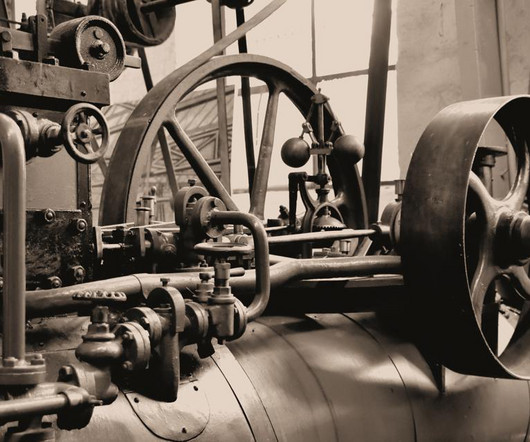Doomsday Predictions Around ChatGPT Are Counter-Productive
The Horizons Tracker
SEPTEMBER 4, 2023
In a world where most tech companies tend to over-inflate the good their products can do, it’s incredible that the generative AI movement is using their hype to propagate apocalyptic doomsaying instead. job market. The post Doomsday Predictions Around ChatGPT Are Counter-Productive first appeared on The Horizons Tracker.














Let's personalize your content